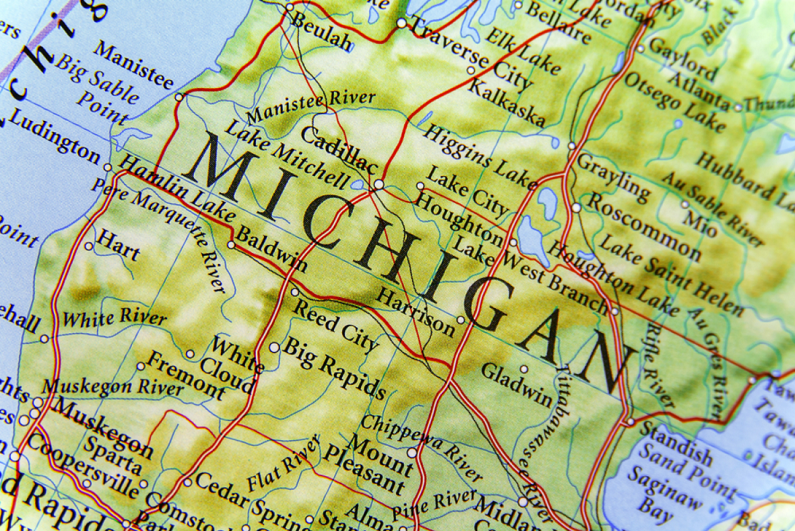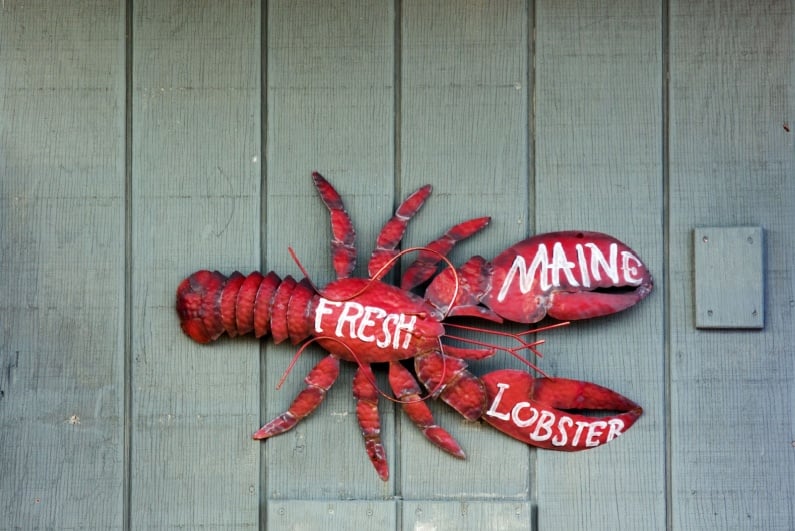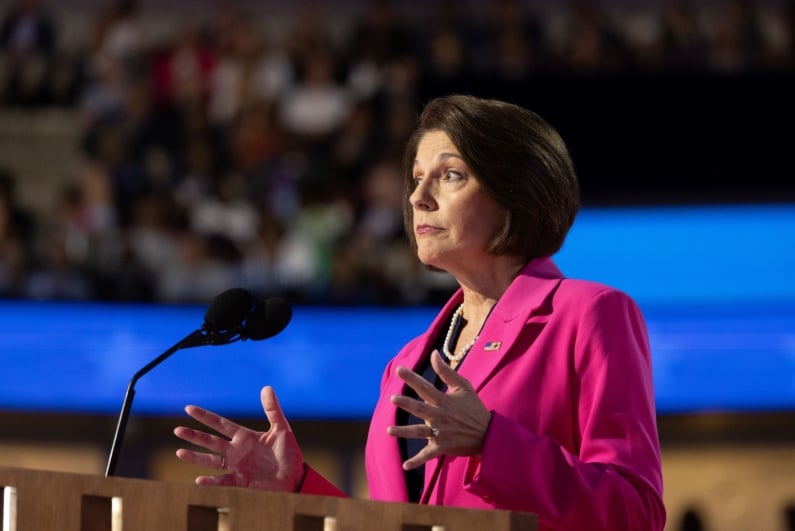Bills passed easily, Governor expected to sign into law
The Michigan legislature passed a pair of bills on Wednesday that will greatly expand gambling in the state.
One of the bills, House Bill 4311, would legalize and regulate online gambling. The legislation authorizes online poker and online casino games. The second bill, House Bill 4916, would legalize sports betting.
The legislation authorizes online poker and online casino games
Both were passed overwhelmingly in both chambers. The Senate voted in the affirmative on each 35-3. The House approved the internet gambling bill 96-12 and the sports betting bill 100-8.
Governor Gretchen Whitmer is expected to sign both pieces of legislation into law next week.
Online poker, casino games
Michigan’s 26 brick-and-mortar casinos will be permitted to apply for internet gambling licenses.
Operators will be permitted to have two brands or skins. One can be used for online poker, while the other can be used for online casino games like slots and blackjack.
A clause was removed from the bill that would have allowed the Michigan Gaming Control Board to enter into interstate online gambling compacts.
Senator Curtis Hertel Jr. said that this was done to protect the state lottery from losing business to internet sites that pooled multi-state jackpots. This would seem to suggest that interstate online poker will not be a possibility, though it could still happen in the future.
Sports betting
The sports betting bill is very similar to the online gambling legislation. The 26 casinos in the state will be able to house sportsbooks. Application and licensing fees are the same. Sports betting operators will only be permitted one internet site.
Unlike the online poker and casino games bill, though, the Michigan Gaming Control Board would be allowed to enter into compacts with other states to combine markets. The catch, though, is that this is not allowed by federal law.
requires operators to use official league statistical data for in-game wagering
The bill requires operators to use official league statistical data for in-game wagering if the league requests it unless the operator can show that the league is not offering the data feed on commercially reasonable terms.
Daily fantasy sports were also officially legalized in a separate bill, even though the two major operators, DraftKings and FanDuel, have long been accepting Michigan customers. Operators will be assessed an 8.4% tax. The initial licensing fee is $20,000 and the annual fee is $5,000.
Tax structures different, beneficiaries the same
Most of the taxes from the gambling that will be legalized in the two bills will go to the School Aid Fund. Another $2 million from sports betting and $2 million from internet gambling will be earmarked for the First Responder Presumed Coverage Fund.
Sportsbooks will be taxed a flat rate of 8.4% on adjusted gross sports betting receipts and the three Detroit casinos will have to pay another 1.25% tax to the city. “Adjusted gross sports betting receipts” already factors out free plays given to customers.
The Detroit casinos again owe a 1.25% tax to the city for internet gaming. A small percentage of free play promotional money can be deducted from gross receipts for the first five years.




